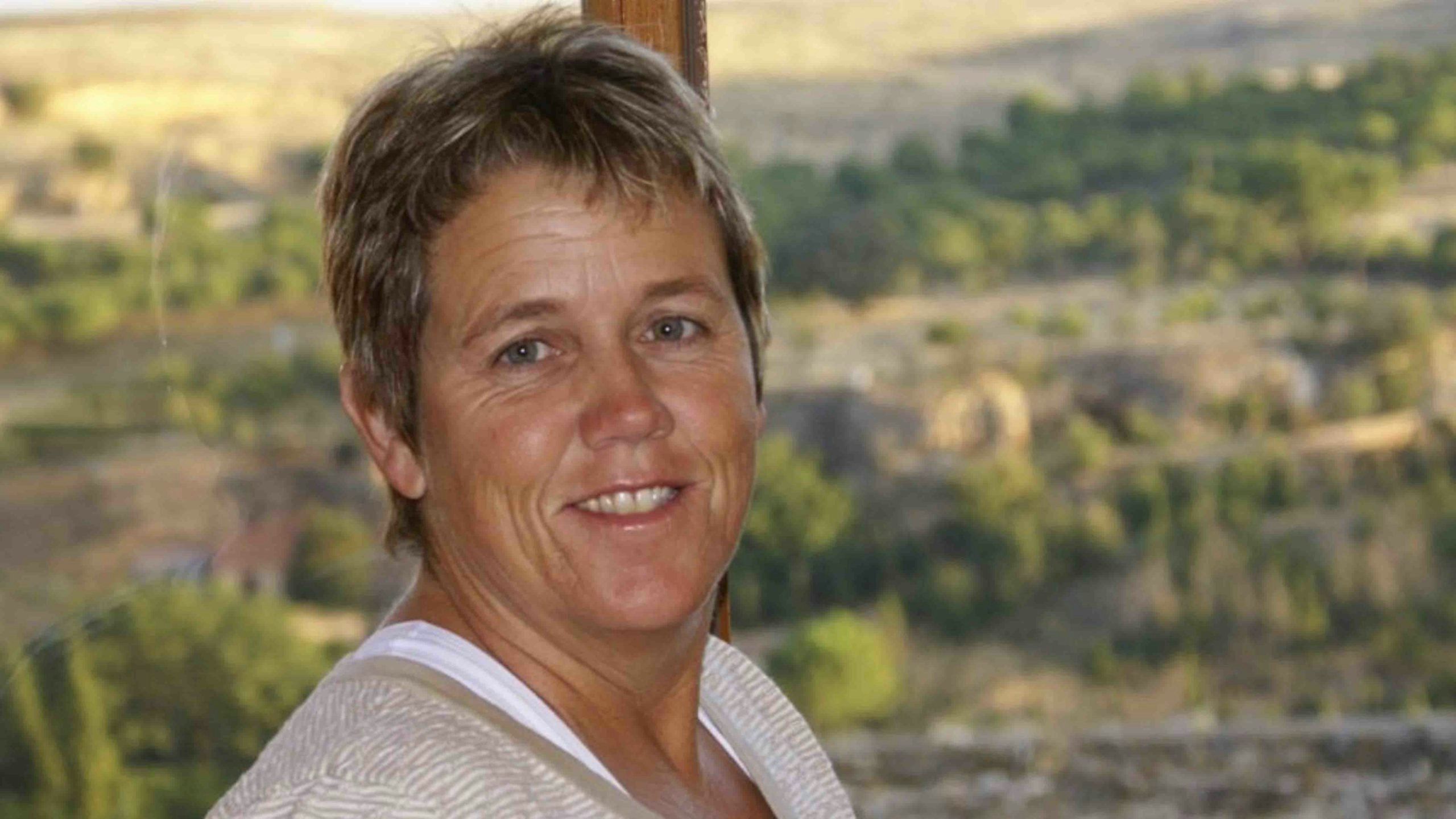Oh no, Western Watersheds Project (WWP) is complaining about me – in an official letter to the federal government. You can just imagine my shock, and how deeply concerning this is to me.
The drama-prone anti-livestock activist group filed its comment letter with the U.S. Fish & Wildlife Service (FWS) as the agency considers a proposed rule requested by the State of Colorado for its voter-mandated wolf reintroduction program. Colorado officials have requested that FWS designate the state’s wolves as an experimental population. According to a federal notice, the proposed rule “would set forth regulations to manage reintroduced gray wolves in Colorado and potentially adjoining States to reduce potential impacts to stakeholders while ensuring reintroduction and management of wolves is consistent with Federal regulations.”
Of course, WWP opposes the management flexibility offered by the experimental population status. In its comment letter, WWP suggested those who don’t agree with full endangered protections for wolves are anti-wolf and “these anti-wolf elements” increase the likelihood of wolf poaching.” WWP also claimed that agency removal of problem wolves in response to livestock depredations “have turned on fraudulent claims by ranchers” – “unscrupulous ranchers” at that.
Even state wildlife managers don’t fare much better in the letter, with WWP calling Wyoming management “a demonstrated extinction/minimization agenda for large carnivores,” while the three Northern Rockies states that have achieved wolf recovery all allow “barbaric practices” by state populaces that haven’t achieved “any degree of ‘social tolerance’ for wolves.”
The WWP letter named organizations it says is in the anti-wolf camp, including a variety of hunting and agricultural organizations that lobbied against the Colorado ballot measure, as well as un-named people who suggested “shoot, shovel and shut up” in social media posts, and then mentioned me. Of all the organizations and agencies mentioned in the WWP letter, I was the only person to be singled out by name as being anti-wolf.
Now why is that? Is it because I tell the truth about the difficulties we’ve experienced while running a family ag operation in large carnivore country? Is it because I talk about the risks and challenges involved implementing non-lethal measures? Is it because I don’t tout these measures as a cure-all, but discussed their limitations as well? Or is it because I speak out against the bullshit spewed by groups like WWP?
Earlier this summer, I wrote a column about a day I spent with northern Colorado cattle producers talking about methods to deter wolf depredation on their cattle. I talked about the two-dozen non-lethal methods our family uses to prevent wolf depredation on our livestock. But I also said that despite all these efforts, it didn’t negate the need for lethal control of problem wolves that repeatedly prey on livestock.
But that’s not how WWP reported it to the federal agency. WWP wrote that Colorado cattle producers “brought in rabidly anti-wolf rancher-activist Cat Urbigkit to inveigh against non-lethal coexistence strategies to reduce livestock losses without killing wolves.”
Let’s break that down: “rabidly anti-wolf.” Rabid is defined as: a) extremely violent (furious); b) going to extreme lengths in expressing or pursuing a feeling, interest, or opinion; or c) affected with rabies. Rabidly means “in an extreme or unreasonable way.”
I can attest that I don’t have rabies, that I’m not extremely violent, I haven’t gone to extreme lengths in expressing my opinion, and I didn’t “inveigh against” non-lethal practices.
What I’ve dared to do is speak up, to tell stories that WWP doesn’t want people to hear, and to WWP’s Erik Movlar, that makes me “rabidly anti-wolf.”
It’s a preposterous claim. I’ve probably spent more time with wolves on this ranch in the last five years than Movlar will spend with wolves in his lifetime. Which one of us is actually living with wolves? If I was “rabidly anti-wolf” do you really think any wolves would be alive on this ranch, in Wyoming’s predator zone where anyone can legally kill a wolf at any time?
Molvar’s condescending view of legitimate concerns held by livestock producers is apparent in the letter to FWS, which notes that “elements” of the livestock industry like me have “open hostility” toward wild animals, and this demonstrates “that the adult supervision of full legal protections is warranted here.”
I don’t harbor hostility toward wolves. Instead, my hostility (as in conflict or opposition in principle) is reserved for Molvar and his colleagues who know nothing about livestock husbandry yet fire off patronizing letters to the federal government to complain about us while declaring that they know best. My hostility is for those who attempt to use any environmental concern as a surrogate to rid rangelands of domestic livestock and the families who tend to them. Yet my hostility isn’t extreme. Since I understand that they are my opponents and not my enemies, I don’t resort to telling lies about them, to denigrating and dehumanizing them, as they do to me, and others like me.
In summary, Molvar lied about me in WWP’s letter to FWS. I’m not rabidly anti-wolf. But I am passionately anti-WWP and its dishonesty. Next time, Erik, you can say that – if you want to tell the truth about something.
Cat Urbigkit is an author and rancher who lives on the range in Sublette County, Wyoming. Her column, Range Writing, appears weekly in Cowboy State Daily.





